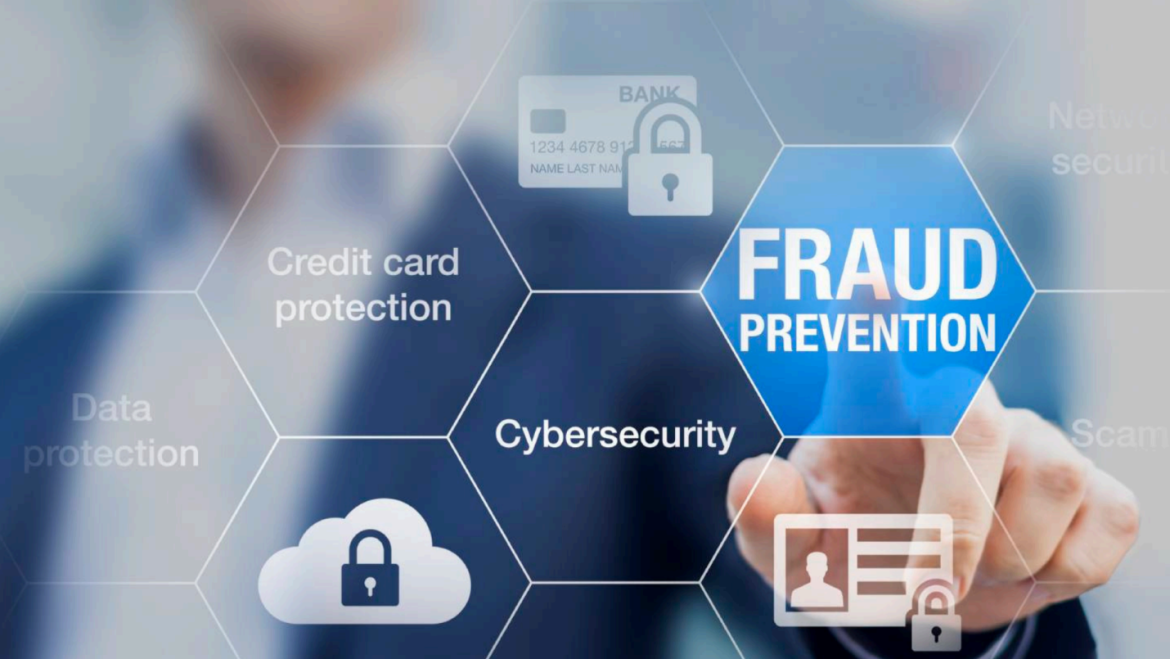PHILIPPINE financial institutions face a growing threat. In 2024, cyberattacks cost the industry a staggering P5.82 billion, a significant jump from the year before, according to the Bangko Sentral ng Pilipinas (BSP). This increase highlights how quickly fraud tactics evolve and the need for stronger collaboration among institutions.
From identity theft to deepfakes, fraud is evolving fast, leaving businesses struggling to keep up. A fragmented, siloed system creates critical blind spots: when a scammer is flagged at one bank, the lack of shared information allows them to continue their schemes at other institutions, undetected.
“Fraud is no longer a challenge we can face in silos,” said Edith Roberto, CIBI’s head of individual credit solutions and partnerships. “We must shift to a proactive, collaborative approach through data sharing to prevent scammers from exploiting the gaps in a fragmented system.”
Data sharing is the key to effectively combat fraud because it moves beyond an individual institution’s limited view to a collective, interconnected defense. When multiple organizations pool their information, they create a much larger database, enabling stronger protection against fraud.
This approach has two major benefits. First, it enhances fraud detection. When institutions share data on suspicious activity, they gain real-time insights into new fraud tactics. Second, it leads to a faster response and higher recovery rates. In a siloed system, by the time a fraudulent transaction is flagged, the stolen funds are already gone. A data-sharing platform, however, enables institutions to
communicate in real-time, allowing them to act before the scam progresses.
“Fraud prevention strategies have to change from reaction to prevention,” said Pia Arellano, CIBI president and CEO. “Fraud will continue to evolve, but our defense must evolve faster. It’s up to us to adopt measures that protect the integrity of our businesses before they are compromised.”
CIBI Fraud Bureau is a practical step toward a collective defense against fraud in the Philippines. It operates on a model where fraud is a common enemy, and the most effective way to fight it is by sharing data.
This bureau creates a system where players from traditional banking, fintech, and other industries like telco contribute to a shared database of confirmed and suspicious fraudsters. In effect, when the players receive an application, they can run it through the bureau and be alerted if the individual has been flagged as a scammer by other institutions.
Based on data reciprocity, players must share data to gain access to data in return. This ensures the database is always growing, creating a wider and more effective shield against fraudulent activities. All data sharing is done with strict adherence to data privacy regulations, ensuring security and compliance.
The goal is to be able to achieve greater collaboration with more players, including the public sector.
Ultimately, this fraud bureau supports the BSP’s mission to curb fraudulent activity by providing a
concrete solution that helps businesses protect themselves and their customers.



